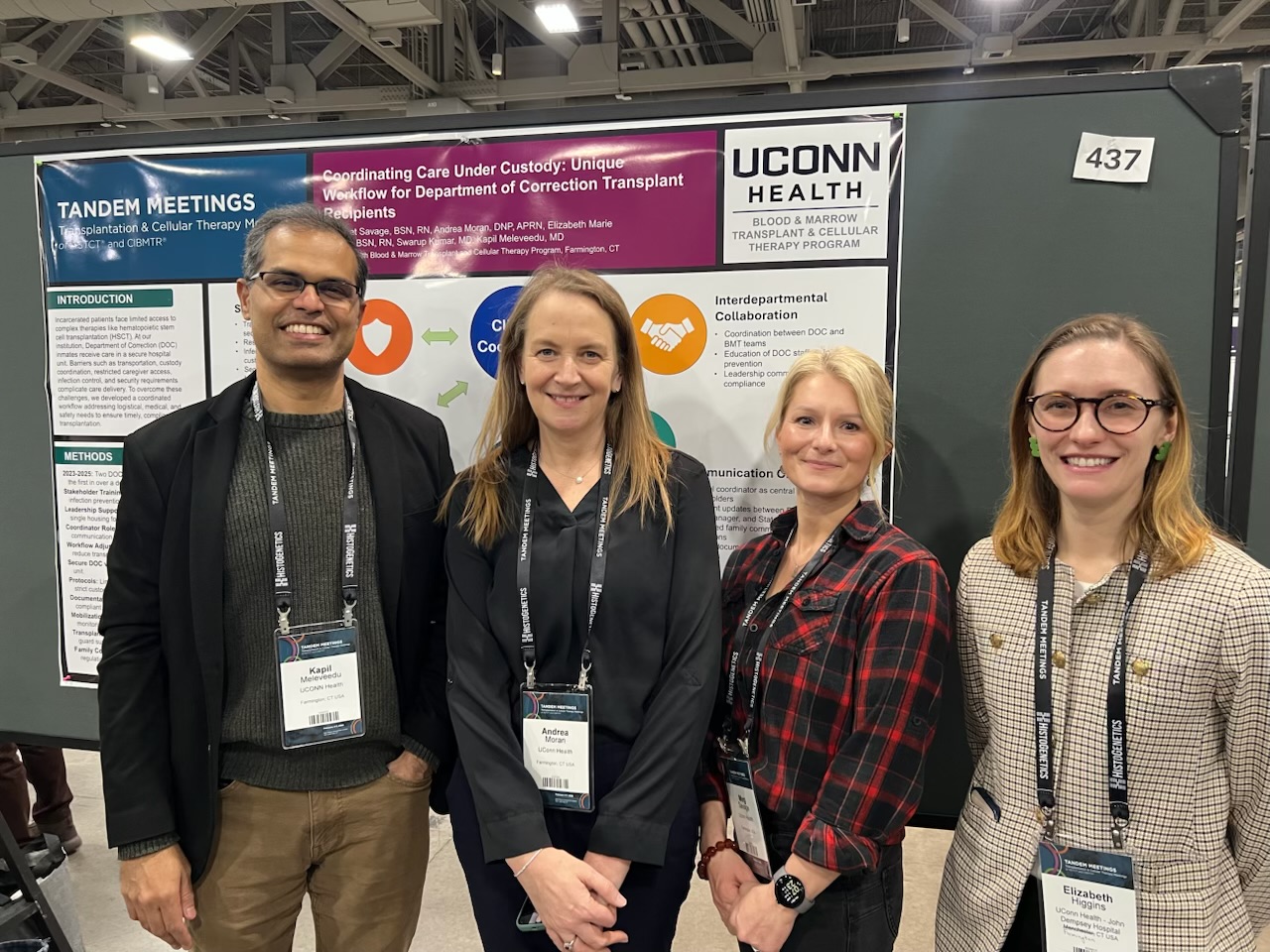Six research projects exploring various facets of Long Island Sound and the wider marine environment have been selected by Connecticut Sea Grant for the 2022-2024 funding cycle.
Four of these will focus on gaining understanding of marine life amid changing environmental conditions. One of the others will look at community perceptions and behaviors in response to flood risks, while the sixth will focus on human relationships with the marine environment and an individual’s “ocean identity.” Four of the lead researchers are based at the University of Connecticut, and two are based at Southern Connecticut State University.
The projects are slated to receive a total of $765,585 in federal funds administered by Connecticut Sea Grant, matched by $410,564 in non-federal funds, for a total research investment of more than $1.17 million. The awards are contingent on receipt of expected federal funding early in 2022.
“Once again, I am impressed with the quality, diversity and collaborative nature of the projects selected for funding, and how the research competition could leverage local and regional talent to address complementary issues important to Long Island Sound and the people who care about it,” says Sylvain De Guise, director of Connecticut Sea Grant.
Syma Ebbin, Connecticut Sea Grant research coordinator, noted that the projects represent a variety of academic disciplines.
“The focus and breadth of the research funded in this cycle is exciting to see,” she says. “The research projects encompass the natural, physical and social sciences. Together they will improve our understanding of the reciprocal relationship that exists between humans and the marine environment, and hopefully generate more sustainable connections.”
The four projects involving UConn researchers are:
- Hannes Bauman, associate professor in the Department of Marine Sciences at UConn, will work with Deborah Pacileo and Jacqueline Benway of the Connecticut Department of Energy and Environmental Protection to investigate the abundance and growth of black sea bass to determine the role of rising water temperatures and salinity in the increasing populations of this fish in Long Island Sound. The fish will be harvested from DEEP’s spring trawl surveys in 2022 and 2023, and ear bone structures called otoliths that record annual growth will be analyzed. Richard McBride of the National Oceanic and Atmospheric Administration’s Northeast Fisheries Science Center will also participate in the research. This project will receive $149,173 in CTSG funding, supplemented with $77,205 in matching funds.
- Hans Dam, professor in the UConn Department of Marine Sciences, will work with Michael Finiguerra, associate professor in residence in the UConn Department of Ecology and Evolutionary Biology, to test the impact of various climate change conditions on the survival of copepods, microscopic marine animals that are key to the food webs of Long Island Sound and other coastal and offshore waters. The research will further an earlier CT Sea Grant-funded project that established rapid but limited adaptation of these zooplankton to changing environmental conditions over 25 generations. The new experiments will focus on response to ocean warming, ocean acidification and combined warming and acidification. This project will receive $149,563 in CTSG funding, supplemented with $78,214 in matching funds.
- James Knighton, assistant professor in the UConn Department of Natural Resources and the Environment, will assess how socio-economic factors influence the behavior of coastal communities with respect to flood insurance and mitigation measures. The project will use census and National Flood Insurance Program data to characterize factors that account for variations in flood risk tolerance, hazard to loss relationships, precautionary actions taken after loss and the memory retention of past floods. Specifically, the research will examine seven coastal Connecticut communities with coastal surge barriers, and present findings to flood mitigation experts to inform efforts in communities with high social vulnerability that underutilize programs to manage flood risk. This project will receive $146,337 in CTSG funding, supplemented with $74,316 in matching funds.
- Christopher Perkins and Jessica Brandt, of the Center for Environmental Sciences and Engineering and the UConn Department of Natural Resources and the Environment, will examine PFAS contamination in shellfish and the phytoplankton they consume. PFAS—per- and polyfluoroalkyl substances—are chemicals used in a variety of consumer and industrial products that are persistent in the environment. Growing evidence suggests they have to numerous adverse effects on humans and wildlife. The shellfish and phytoplankton chosen for the study would come from an area with known or suspected PFAS contamination. Blue mussels and oysters from this area would be analyzed for concentrations of PFAS, and those results compared with concentrations of PFAS in phytoplankton. The findings would be shared with public health, aquaculture and environmental management professionals. The project will receive $140,359 in CTSG funding, supplemented with $70,542 in matching funds.
The CTSG research funding competition is open biennially and utilizes federal funding administered by Connecticut Sea Grant to support projects that improve the health of marine and coastal ecosystems and benefit the public. Connecticut Sea Grant is a partnership of UConn and the National Oceanic and Atmospheric Administration, one of 34 Sea Grant programs across the country. It is based at UConn’s Avery Point campus in Groton.



